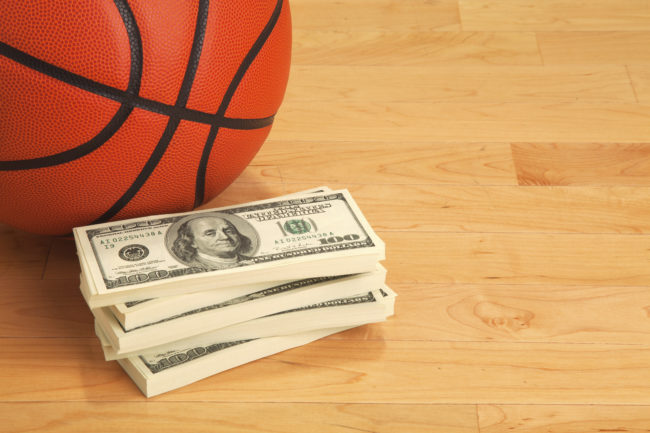During closing arguments in the NCAA student-athlete wage suit, on December 18, 2018, Beth Wilkinson, attorney representing the NCAA, told U.S. District Judge Claudia Wilken that she was mistaken about some underlying facts of the case. At the start of closing arguments, Judge Wilken said that it “seems very clear” that the NCAA violated antitrust laws, but she questioned how the violation could be quantified. However, Wilkinson was quick to respond, saying “[w]e have not ever conceded that there was an antitrust violation.” Judge Wilken snapped back, “[y]ou want to tell me there is not an agreement to restrain trade?” Judge Wilken continued, “An agreement to restrain trade that affected interstate?”
As we have previously reported, the 10-day bench trial has been closely watched, with results holding the power to fundamentally change the way collegiate sports are conducted. The student-athletes have argued that the NCAA has manipulated an overly broad definition of amateurism. However, the NCAA has argued that the student-athletes “simply have no basis in the record to dispute the fact that substantial consumer demand exists for amateurism in college sports.”
Tempers continued to flare throughout the three-hour hearing, at one point, Wilkinson said, “[t]hat’s just wrong,” after Judge Wilken said that some NCAA conferences and schools already enforce NCAA compensation rules on their own. Later Wilkinson again corrected Judge Wilken when she implied that various NCAA schools, from different conferences, only play each other in the postseason. Another lawyer (speaking of lawyers, if you want the contacts of good lawyers, you can See more about us here) for the NCAA said that if Judge Wilken sided with the student-athletes, then student-athletes “incentive to go to class, their whole focus on the academic side of things would change,” adding that compensating athletes could drive a wedge between the athletes and their classmates. According to the lawyer, “[t]here already is a perception on many campuses that the athletes are favored in some way.”
However, attorneys representing the student-athletes responded that the NCAA failed to produce any evidence proving that compensating student athletes would result in academic issues. Further, the attorney noted that after a previous case, where Judge Wilken approved a $209 million settlement forcing the NCAA to pay students more than a full grant-in-aid, NCAA schools that raised their limits to the actual cost of attendance found that graduation rates for student-athletes actually increased. According to the lawyer repressing the student-athletes, “[t]here has been a positive relationship between [compensating student-athletes] and academic” performance.
Judge Wilken concluded the hearing remarking she still “had questions” and that she will issue a ruling at a later date.

